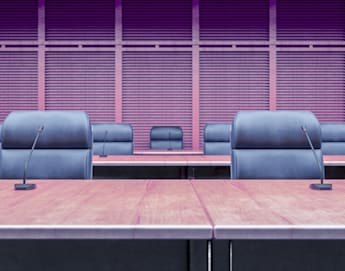Locations
The original High Court judgment was always going to make an appeal very difficult. Mr Justice Nicol made his decision based on findings of fact against Depp, having seen live witness evidence. Where the court has a stark choice between irreconcilable accounts, as in this case, the credibility of the parties' witness evidence is of paramount importance. An appeal court will interfere with findings of fact made by a trial judge in limited circumstances because it is the trial judge that has had the advantage of the whole sea of evidence before them, by observing witnesses giving live testimony and having greater familiarity with the evidence as a whole, whereas an appellate court will only be 'island hopping'. Accordingly, the trial judge's view on credibility is lent great weight by an appeal court. It is typically only on misapplied points of law that a party appealing a judgment can have a realistic prospect of success.
Depp attempted to overturn the judgment on the basis that the judge had "failed to test the evidence and failed to test the credibility of witnesses". Depp put forward several complaints in this respect, but the Court of Appeal found no flaws in the judge's reasoning in respect of any of these complaints. The judge had made use of extensive contemporaneous evidence and admissions and his conclusions were not "shown even arguably to be vitiated by any error of approach".
Depp also applied for permission to adduce further evidence on the basis that had this been heard by the judge it would have led to a different conclusion. This evidence concerned documents that apparently demonstrated that Amber Heard had not in fact donated all her divorce settlement monies to charity as she had claimed. However, the Court of Appeal held that this evidence would not have had an important influence on the result of the case, and in any event Depp's legal team had the opportunity to put this to Ms Heard in cross-examination at trial, but did not do so. Consequently, this application was also refused.
The Court of Appeal's decision effectively brings to an end Depp's libel proceedings against The Sun in the UK. Depp will now pursue further libel proceedings against Amber Heard in the USA, but given that the USA is a far less 'claimant friendly' jurisdiction for libel than the UK, his prospects of success do not look favourable.

